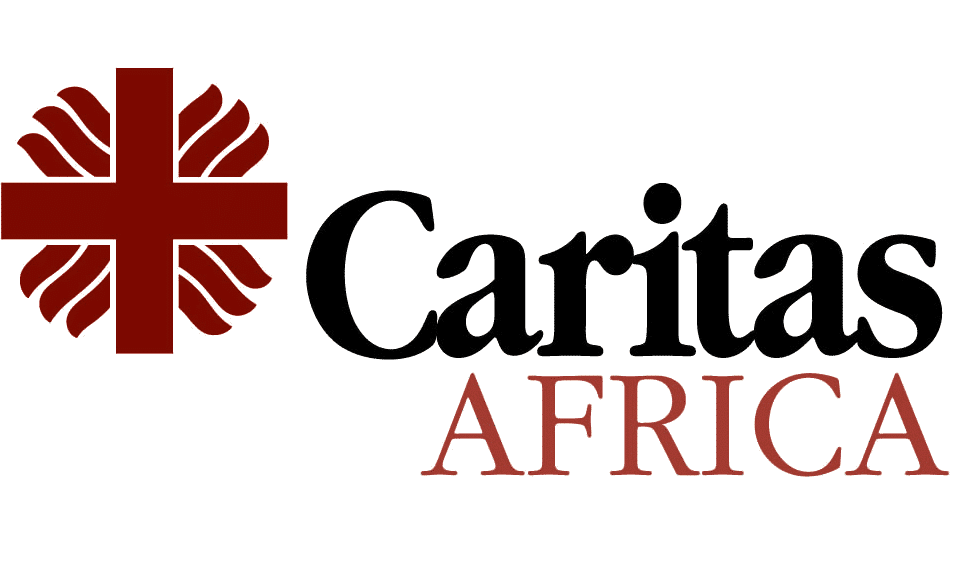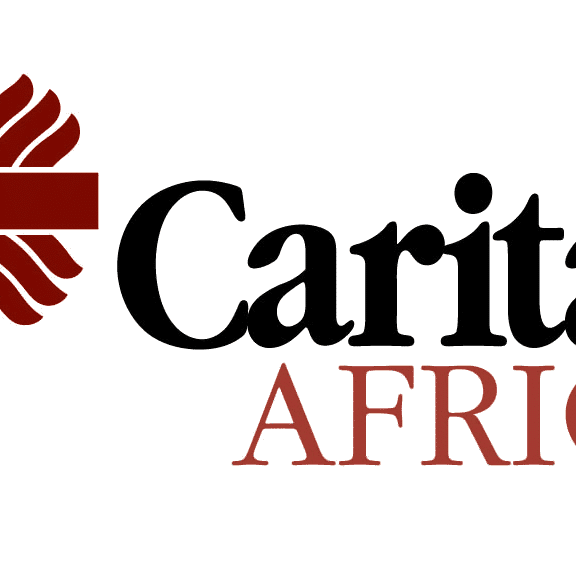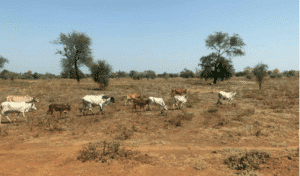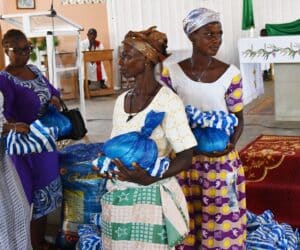I. BACKGROUND
Caritas Africa is a charitable and development organization that brings together 46 national Caritas
in Sub-Saharan Africa and the adjacent Atlantic and Indian Ocean Islands, with 507 Caritas
divided into 6 zones. Its mission is to accompany the Church in Africa in the accomplishment of
of his ministry of charity and justice by helping the poor and the most excluded, by responding to
humanitarian emergencies, promoting development, community resilience and advocacy
for peace and respect for human rights, without discrimination of race or creed.
Caritas Africa’s APPROACH Program (Phase 3 of the A2P DIRO) aims to support
the development processes of 17 Caritas in sub-Saharan Africa and the Indian Ocean islands to
that they are stronger, more sustainable and able to act for more effective public policies in
poverty reduction. This program runs from 2020 to 2023. The responsibility for
its strategic management and implementation is entrusted to Caritas Africa which has its own Executive Secretariat
Regional (SERCAF) in Lome, Togo. The third phase of the Development Program
and Organizational Strengthening (DIRO) is entitled: “Accompaniment
Personalized Proximity for Organizational Strengthening, Change and Engagement
(APPROACH)”.
In the continuity of the previous phase, APPROCHE places Caritas at the center of governance
of the Program and its action, and goes even further by emphasizing the rise of the
network made up of these Caritas, transferring ownership to the Regional Executive Secretariat of Caritas
Africa, head of the network. This process is a comprehensive approach: a strong Caritas Africa
is a support point for the work of national Caritas and the strengthening of national Caritas stimulates
and consolidates the legitimacy of Caritas Africa’s action.
To this end, APPROACH will consolidate the progress made in the development of
of 14 Caritas in French-speaking Africa and the Indian Ocean, while
expanding to 4 new Caritas in the Africa Region. Specifically, the program
will focus on :
– Consolidating the internal organizational dynamics of Caritas: analytical skills of
their needs, planning and conduct of activities, management and transparent governance,
etc.;
– Strengthen spaces for exchange and collaborative practices.
In addition, there is a question of getting the Caritas themselves to take ownership of the mechanism
support by promoting peer reinforcement for increased effectiveness in the
delivery of services to the poorest.
At the end of the program, the DIRO culture will be the approach developed by the Caritas parties
stakeholders for the institutional functioning and management of activities. The ambition is that
This culture should “permeate” the entire Caritas Africa network and be a hallmark of
the evolution of Caritas in Africa.
II. OBJECTIVES
Overall objective: To contribute to the reduction of extreme poverty and inequality by strengthening
African civil societies to promote just, peaceful and inclusive societies in Africa.
through effective and accountable institutions at all levels for the purpose of development
and sustainable.
Project Impact Indicators
Impact 1: Professional, strong and recognized, Caritas develop leadership that energizes the
advocacy and civil society actions in favour of more effective public policies for development
adequate.
Impact 2: People have improved their living conditions and their resilience to cope with
situations of precariousness and emergency, thanks to the support of Caritas.
Specific objective: This program aims to support the development processes of Caritas
Africa and the Islands of the Atlantic and Indian Oceans so that they can be more effective in their
strong, sustainable and able to act for more effective public policies in reducing poverty.
poverty. It is fundamentally required that any development initiative be seen through a
Monitoring, Evaluation, Accountability and Learning (MEL) system. This allows us to measure
the progress of such an initiative, to capture its impact, to measure the impact of
recovery where necessary and to learn from it by articulating recommendations for its
improvement.
Until now, the program’s monitoring and evaluation system (indicators, results) has been too focused on
on the Caritas themselves, and not enough on the changes achieved, through their capacities
strengthened, through the service provided to people and through the improvement of public policies.
It is therefore difficult to assess the links between the content of the program and the concrete results
for the populations, which would be a strong argument to demonstrate the interest of this program
entirely dedicated to strengthening organizations.
In Phase 2, the program integrated Change Oriented Approaches (COAs), which
leads to a different method of monitoring and evaluation, as it is centered on the actor and not the action. Also,
It was established that Caritas would be responsible for their own results. If the Program can
support actions to bring about change, the results generated by these
changes are the sole responsibility of the Caritas. In addition, the
change must come from the partners themselves.
The ToR are downloadable here




